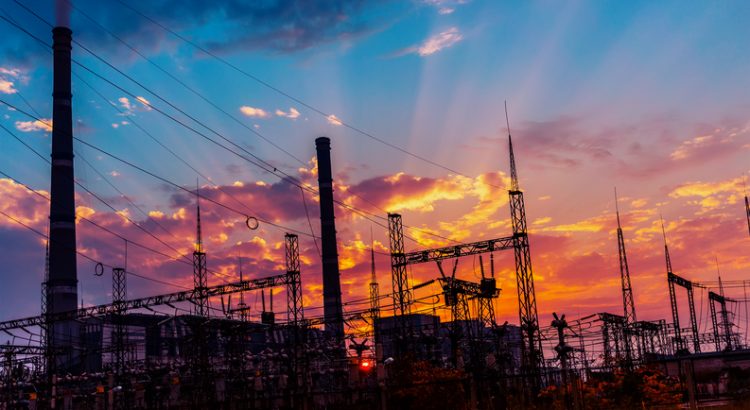When he rolled back a regulation to protect streams from mining pollution last week, President Donald Trump made good on his promise to ease up on coal mining. “This repeal is ignoring a lot of the recent science that clearly documents a lot of these downstream impacts,” says biology professor Emily Bernhardt, who has studied the ecological effects of coal mining.
Read More at Inside Climate News









